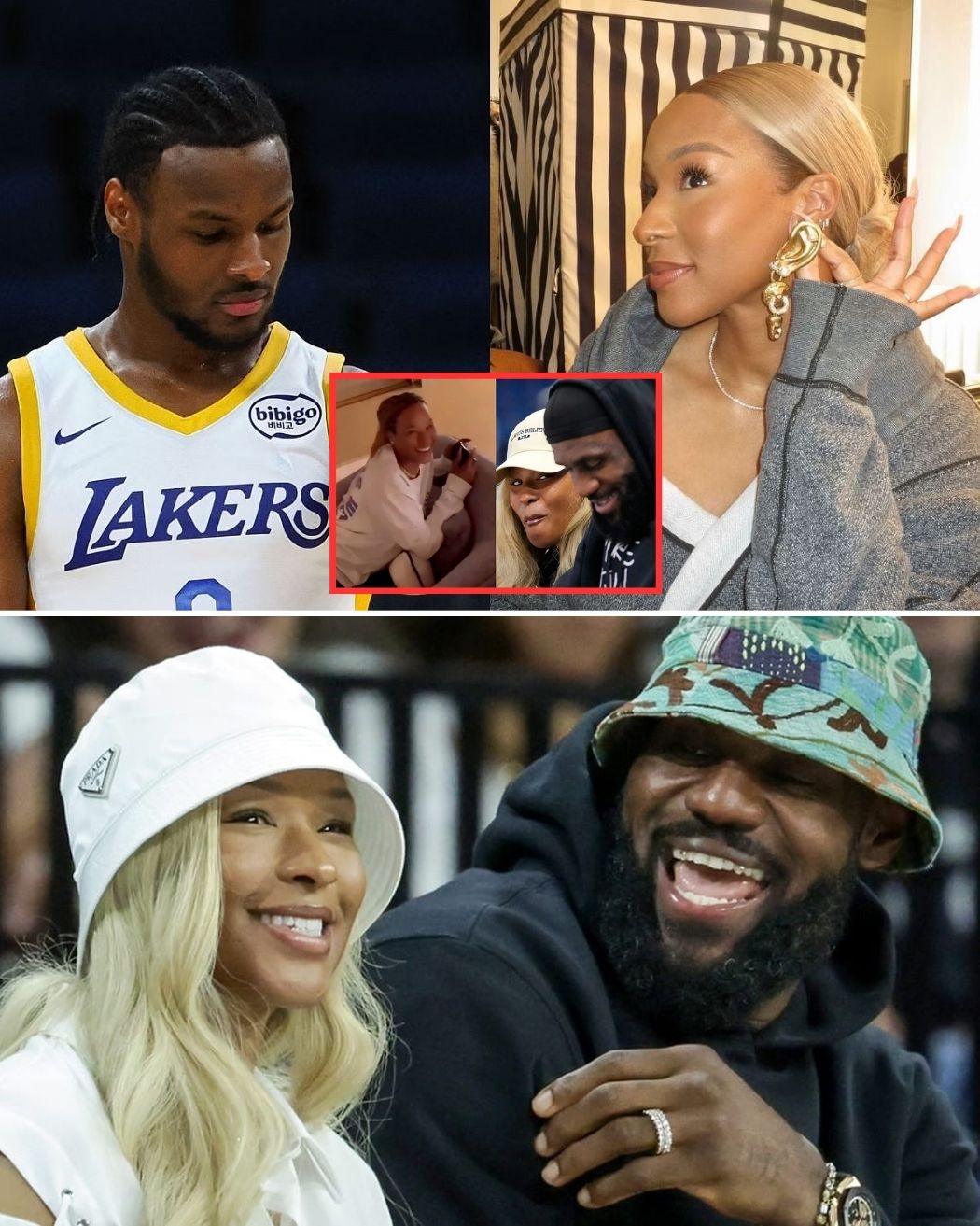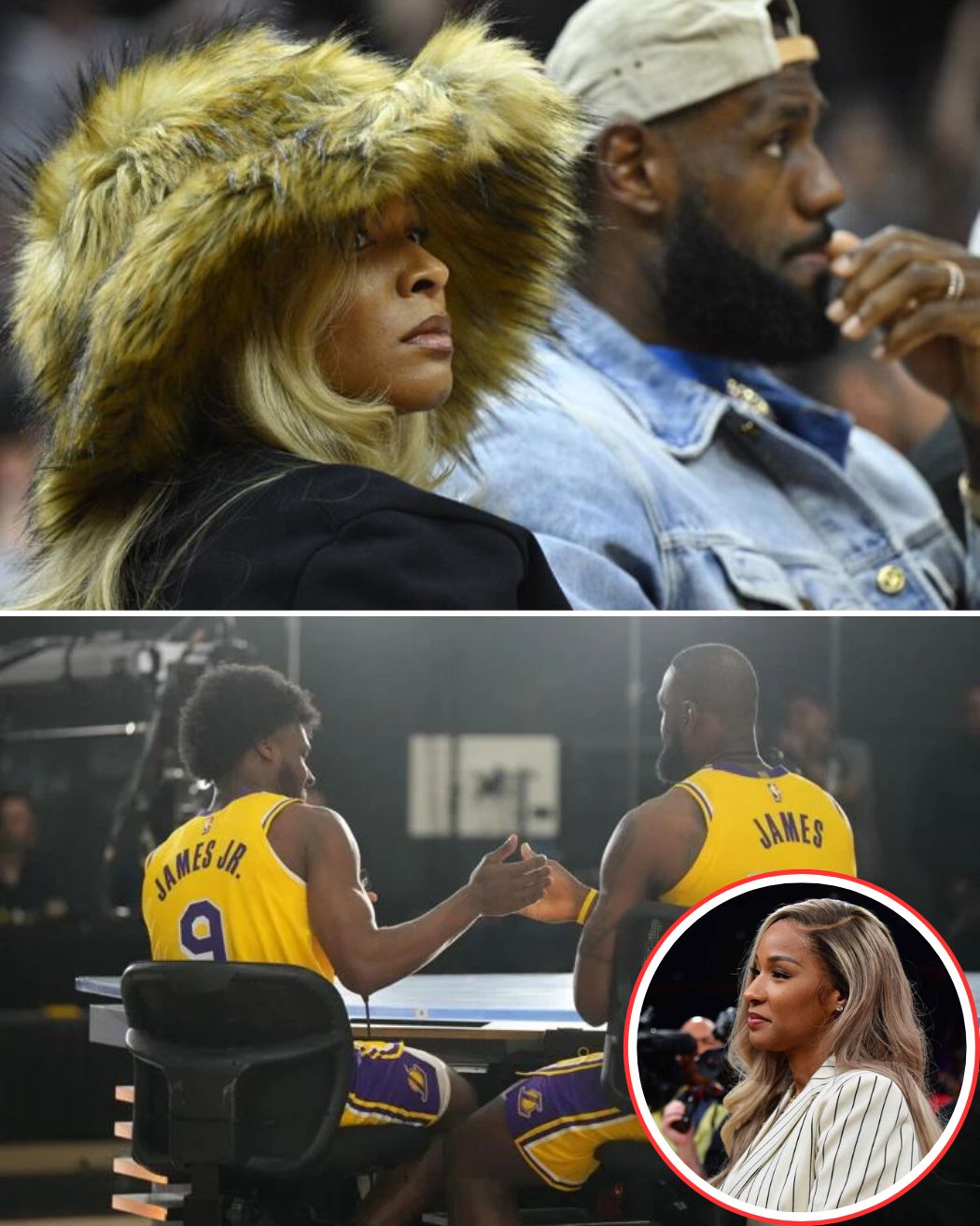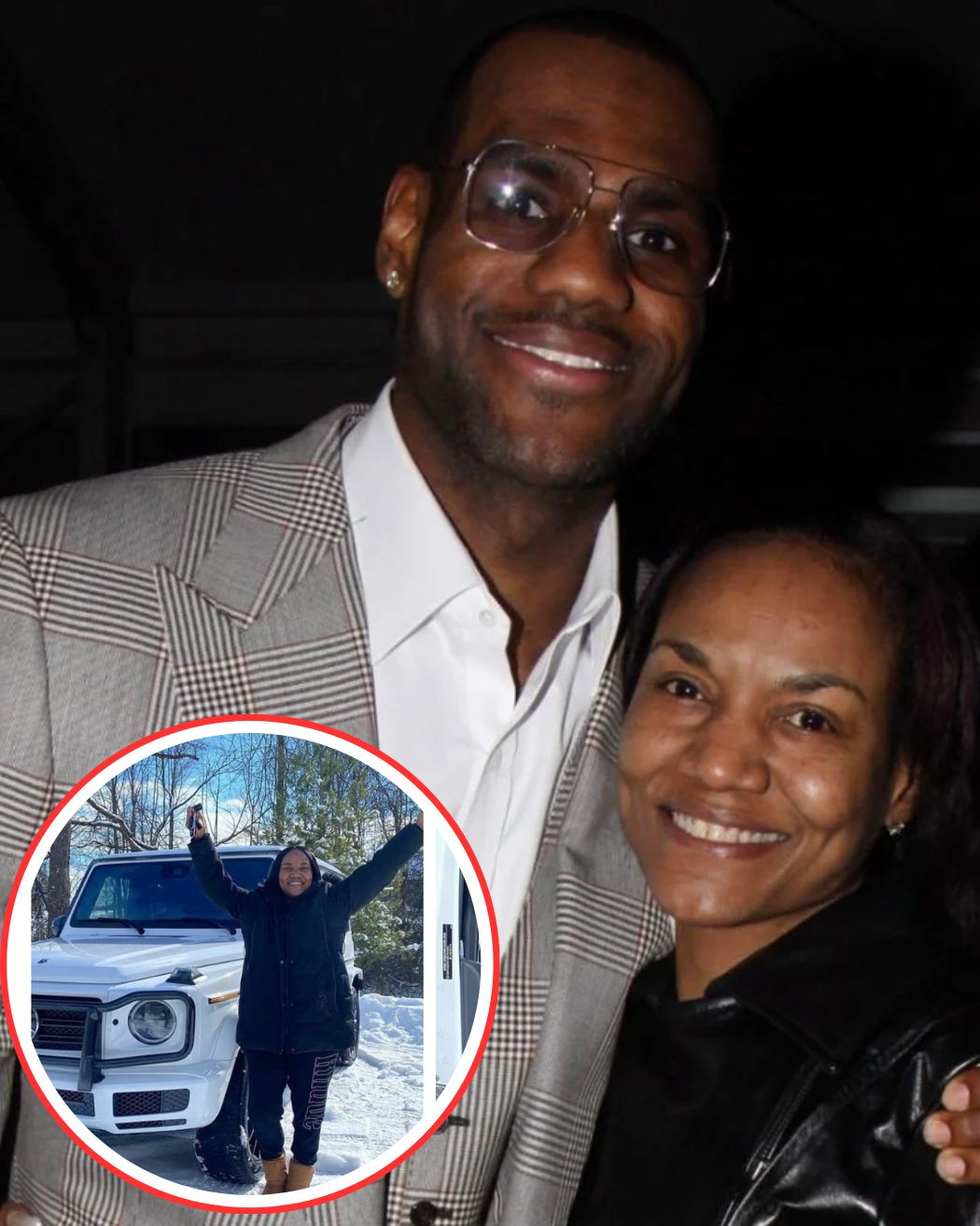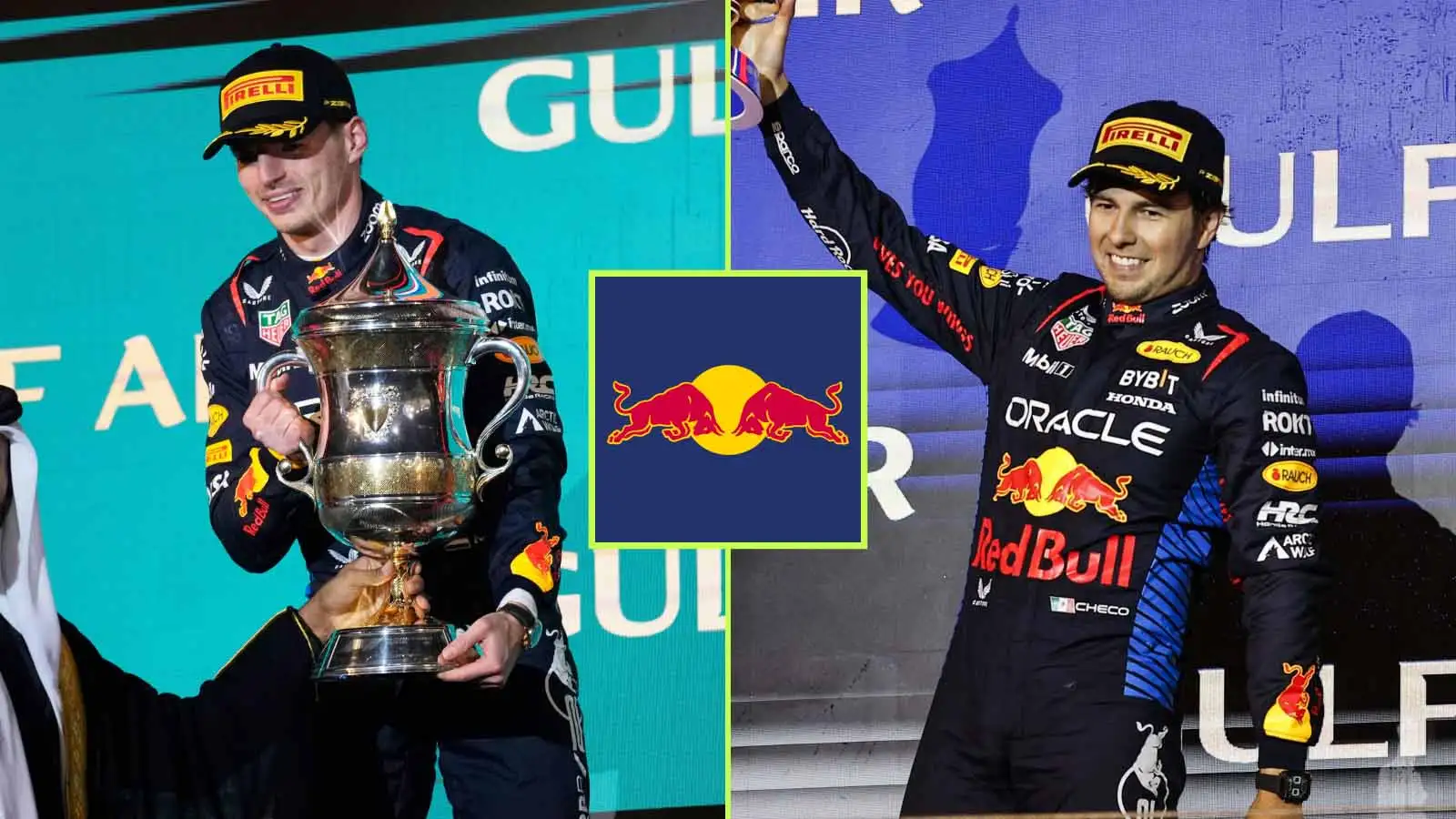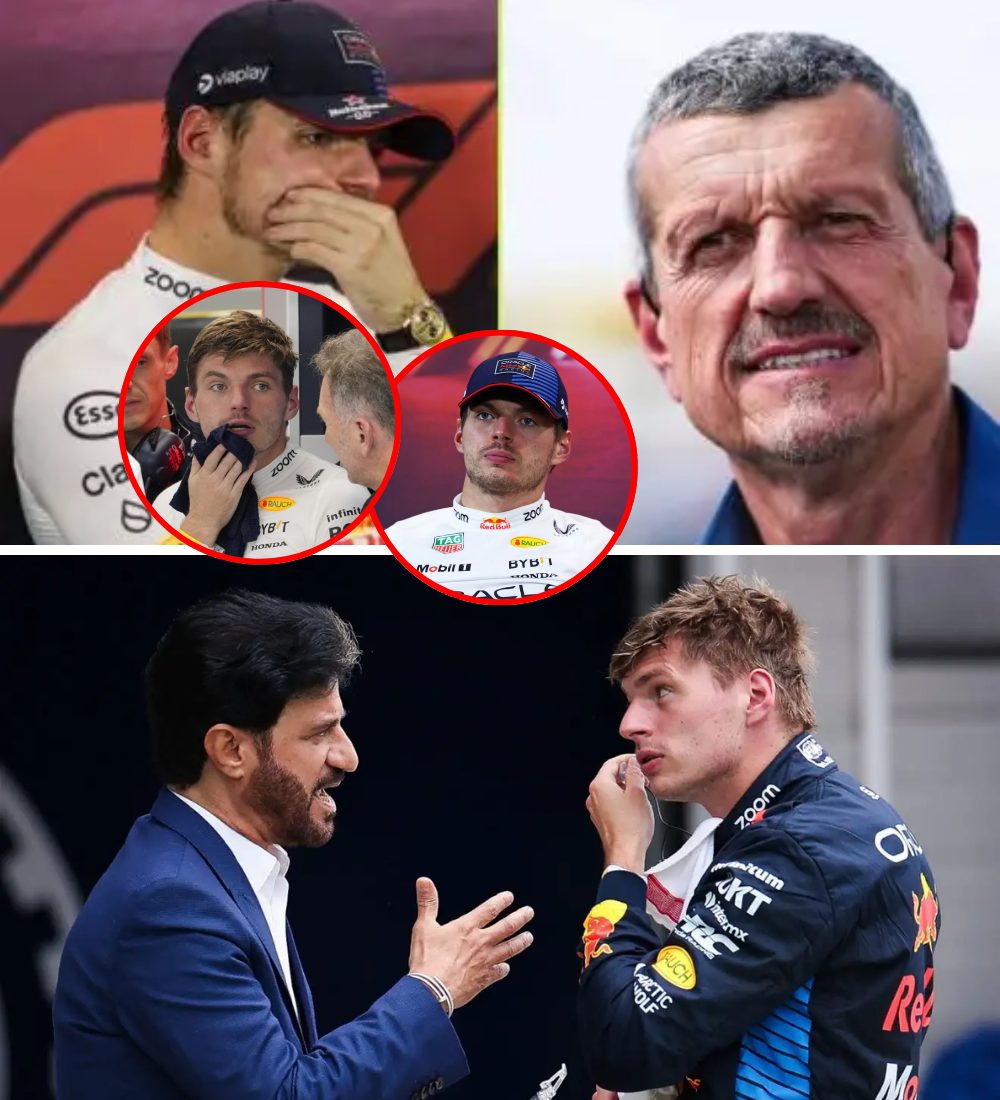Mike Trout’s latest pledge of allegiance to the Angels raised eyebrows around baseball. If Trout really wanted to win as much as he said he did, how could he make another verbal commitment to such an obviously dysfunctional organization?
That was one way to view the remarks Trout made to reporters at Angel Stadium on Monday.
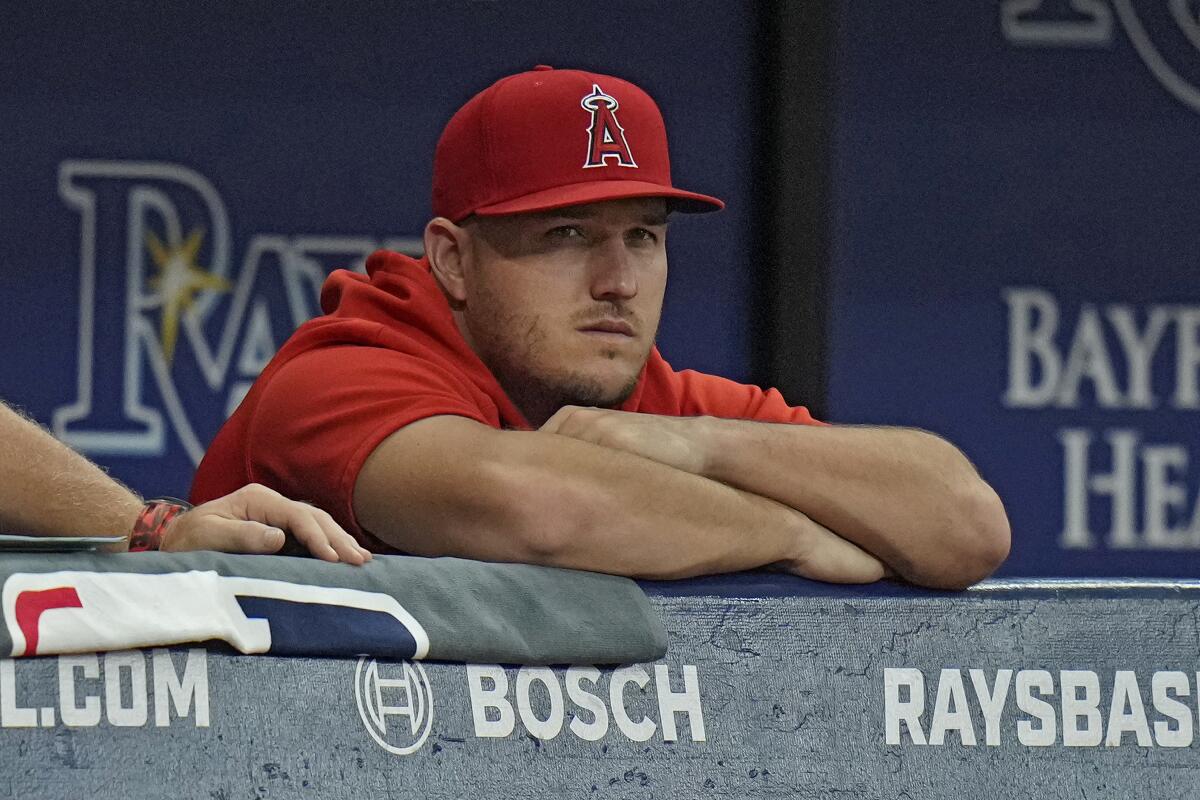
Here was another: Trout demonstrated character by refraining from any attempt to whine his way out of town. He accepted the consequences of a decision he made years ago, when he bound himself to this loser franchise in exchange for a record $426.5 million.
“I got seven years left on the contract,” Trout said.
Trout will collect more than $248 million over those seven years. He doesn’t have the shamelessness to demand a trade, not when he’s averaged 79 games played over the last three seasons. In his case, a trade request would be more than a trade request. He would also be asking the Angels to continue paying a significant portion of his contract while he plays for another team.
But Trout’s loyalty — or inertia, depending on the perspective — presents a dilemma for the Angels. They couldn’t win with a healthy version of Trout and they certainly can’t win with a broken-down version of him. They can’t win paying more than $35 million annually to a part-time player.
The situation calls for the Angels to be proactive. They can’t count on him to break up with them, not after Trout said he expected to be “wearing an Angels uniform in spring.”
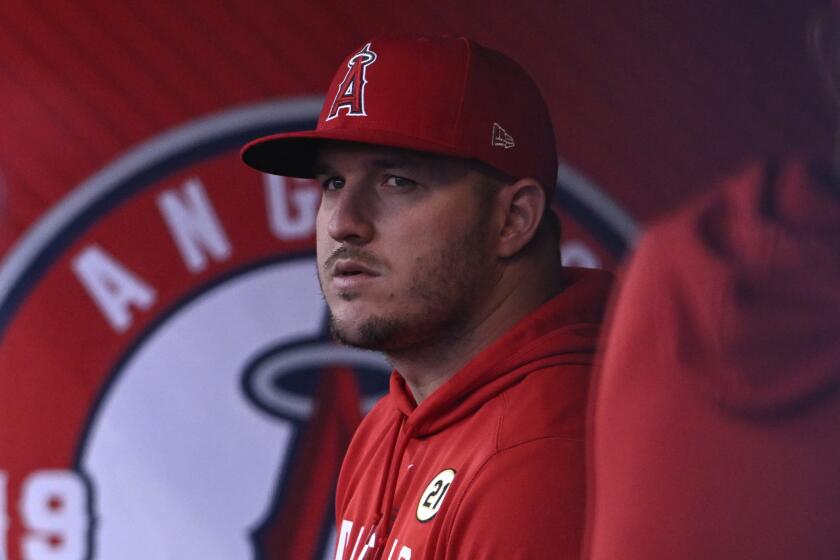
So, if Trout won’t raise the possibility of waiving the no-trade provision in his contract, the Angels have to. If he won’t broach the subject of a move to a contender, they have to.
A deal is what’s in the best interest of the Angels. It’s also what’s in the best interest of Trout.
There will be obstacles, however.
Earlier this month, USA Today reported the Angels were “open” to trading Trout “if he indicates to them that he wants out.” Owner Arte Moreno might be less open to the idea once he learns that dealing Trout would cost him more than his signature player.
The Angels would have to throw in more than $100 million to persuade another team to take Trout’s contract, according to major league officials who spoke under the condition of anonymity because they are forbidden from talking about players on other teams.
Under this scenario, the team that traded for Trout would pay him about $20 million a year, which is what the officials estimated Trout would receive on the open market if he were a free agent. The Angels would be responsible for the other $15 million. The better the prospects the Angels received in exchange for Trout, the greater share of this salary they would have to cover.
The Angels could use the salary relief, even if it’s only for almost 60% of Trout’s salary. By now, they should know that spending close to half of the team’s payroll on just a few players doesn’t work. They owe $38 million a year over the next three seasons to another frequently-injured player, Anthony Rendon. Trout’s contract extends four years beyond that. Trout will be 39 when his deal expires.

A shift in mind-set is required. The quick-fix schemes aren’t working. The Angels have to take a more methodical approach to team building, and that starts with building up their minor league system.
When they acquired Lucas Giolito and Reynaldo López at the trade deadline, much was made of how they sent two of their top three prospects to the Chicago White Sox. The problem wasn’t so much that the Angels traded catcher Edgar Quero and left-hander Ky Bush as much as it was that Quero and Bush were ranked by MLB Pipeline as the second- and third-best prospects in their farm system, respectively. Both players project to be fringe major leaguers, according to scouts familiar with them.
The Angels are unlikely to receive any high-end prospects in exchange for Trout — the benefits of trading him would be limited to salary relief — but dealing him would clear the path for them to start restocking their farm system. Because once they’ve traded Trout, they might as well also trade closer Carlos Estévez and infielder Brandon Drury, who were signed by general manager Perry Minasian to what turned out to be below-market deals. With Estévez due to make just $6.75 million next season and Drury $8.5 million, budget-conscious teams could be willing to exchange some mid-level prospects for them. They should approach the upcoming winter with the mind-set of discovering other bargains who could later be flipped for prospects.
Time will be required to gather a collection of prospects who will eventually provide the major league roster with relatively low-cost labor. The Angels will also have to do something they’ve never done under Moreno: Intentionally field a losing team.
Whatever his faults, Moreno has always tried to field a winning team. Unlike other similarly-positioned teams, the Angels have never purposely tanked under his watch.
However, Moreno’s approach hasn’t worked. Even with Minasian enjoying a productive winter last year, the Angels will finish this season by registering their eighth consecutive sub-.500 season. Tanking is repulsive, but it works. The Baltimore Orioles are now World Series contenders in part because of a stretch of dismal seasons that resulted in them picking early in draft after draft. The Chicago Cubs built a championship team by tanking. So did the Houston Astros.
None of this will sit well with Moreno, but what choice does he have?
Even if Shohei Ohtani re-signs with the Angels and rebuilding suddenly isn’t an option, they’re not going to win anytime soon if they’re paying upward of $120 million to three players. Rendon is untradeable. Trout can still be moved. Trout might be viewed as damaged goods, but, well, he’s Mike Trout. At a certain price, someone will take him.
Talking to a franchise player about waiving a no-trade clause can be tricky, especially when the franchise player is a model citizen like Trout. But the Angels can make a legitimate argument that a trade is also what’s best for him. They are stuck in a place from which there is no escape. Trout can either stay with them in this baseball dungeon or pursue October glory with a team that has a chance. A divorce would be painful for the Angels, but it would allow them to take the necessary step backward that will ultimately permit them to move forward.
